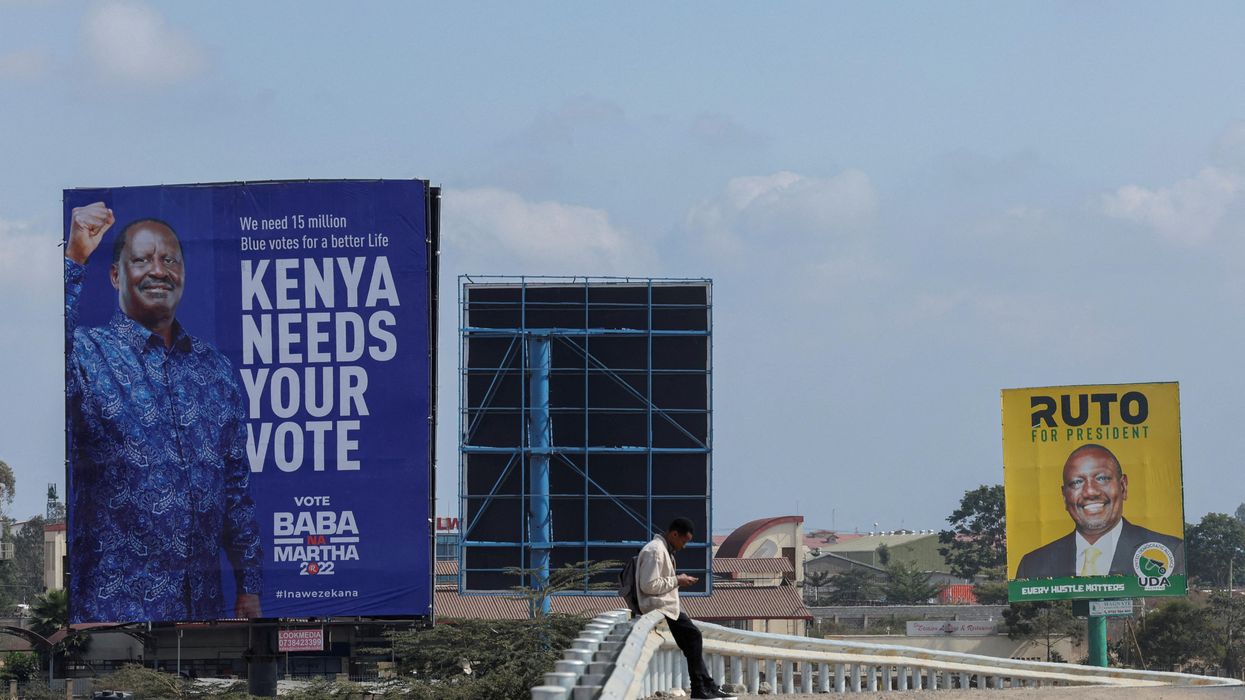News
As Kenyans protest, their politicians play chicken
The flames of unrest are being stoked by two bitter political rivals, opposition leader Raila Odinga and President William Ruto, who squared off in a tight presidential election in 2022.
Mar 29, 2023



